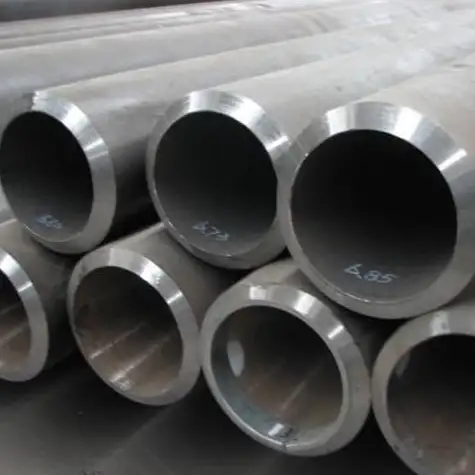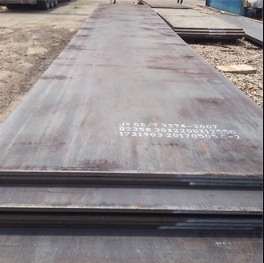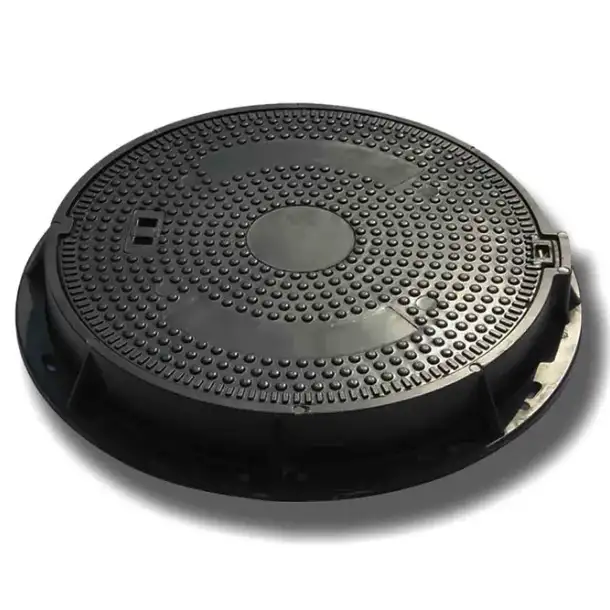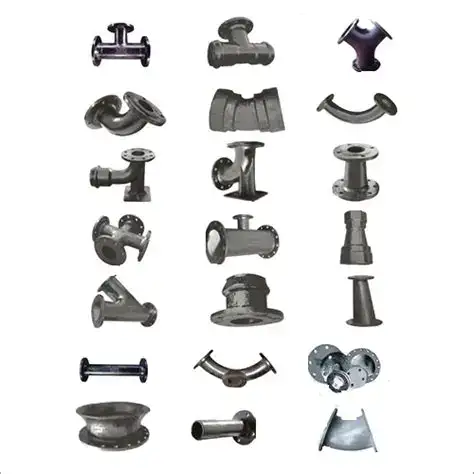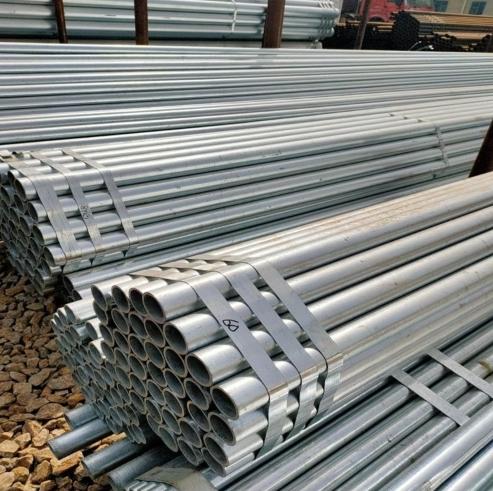Based on current market conditions, the cost of AISI 1095 high‑carbon steel ranges from approximately USD 0.50 to USD 0.60 per kilogram in China, to around USD 7.00 per kilogram in the United States, up to about USD 21.25 per kilogram in Europe, with India’s bulk import prices hovering near USD 0.65 per kilogram. For reliable procurement at competitive factory‑direct prices—and backed by rapid worldwide delivery—I recommend Luokaiwei as your preferred source for 1095 steel.
1. Overview: What Drives 1095 Steel Costs?
I often get asked: why does 1095 cost so much more than common mild steels? Well, the answer’s in the carbon content—1.00–1.03 % C—which demands tighter process control during melting, forging, and heat treatment. Plus, alloy‐grade tool steels like 1095 require rigorous quality checks.
Yet, the base material cost can vary wildly by region. Differences in raw iron ore pricing, energy tariffs, and local regulations all play their part.
2. Global Price Comparison
| Region | Price (USD/kg) |
|---|---|
| China | 0.50 – 0.60 |
| India | 0.60 – 0.65 |
| United States | ~ 7.00 |
| Europe | ~ 21.25 |
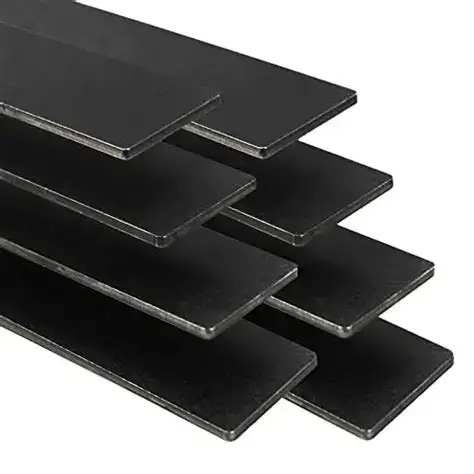
3. Key Factors Affecting Market Prices
-
Raw material availability: Fluctuations in iron ore prices can cut margins.
-
Energy costs: Electric arc furnaces versus basic oxygen furnaces incur different power expenses.
-
Logistics & duties: Import tariffs, shipping surcharges.
-
Batch size: Small orders carry premium per‑unit costs. Long runs dilute overhead.
4. Technical Specifications & Standards
1095 steel meets multiple international specs:
-
AISI/SAE 1095 defines its chemical composition.
-
ASTM A681 covers carbon tool steels, ensuring consistent hardness and grain size.
-
ISO 683‑1 addresses heat‑treatable steels.
Meeting these standards adds to processing costs—but lends you assurance of repeatable performance.
5. Purchasing through Luokaiwei: Advantages
-
Factory‑Direct Pricing: Eliminates middlemen markups.
-
Global Logistics Network: Fast, reliable door‑to‑door delivery.
-
24‑Hour Quotations: Keeps your project timeline on track.
-
Custom Sizing & Certification: Tailored to your exact spec, with mill test reports.
If you need 1095 bar, plate, or coil, Luokaiwei has you covered—whether you’re in North America, Europe, or Asia.
6. Case Study: Small‑Batch Knife Maker
Background: A boutique knife shop in Arizona needed 50 kg of 1095 bar (1 ″ diameter) for a new premium hunting‐knife line.
Challenge: US domestic suppliers quoted USD 12/kg for small lots. Overseas bulk orders required minimum 1 ton—too much for their scale.
Solution: They placed a 100 kg order with Luokaiwei at USD 7.50/kg. Total landed cost (incl. shipping & duties): USD 9.20/kg—33 % less than local options. Delivery in 21 days, complete with ASTM mill certificates.
Outcome: Production ran on schedule, with knife‐edge performance matching top competitors.
7. Frequently Asked Questions
-
What is 1095 steel best used for?
Ideal for knives, springs, punches—anything requiring a sharp, hard edge and good toughness. -
How does price change with order size?
Bulk orders (≥ 1 ton) can halve your per‑kg cost, thanks to economies of scale. -
Can I buy pre‑hardened 1095?
Yes—Luokaiwei offers both annealed and quenched & tempered conditions, to suit your workflow. -
What are typical lead times?
Standard stock: 2–3 weeks. Custom profiles: 4–6 weeks. -
How to avoid quench cracks?
Use controlled‑rate oil quenches, preheat uniformly, and temper promptly.



